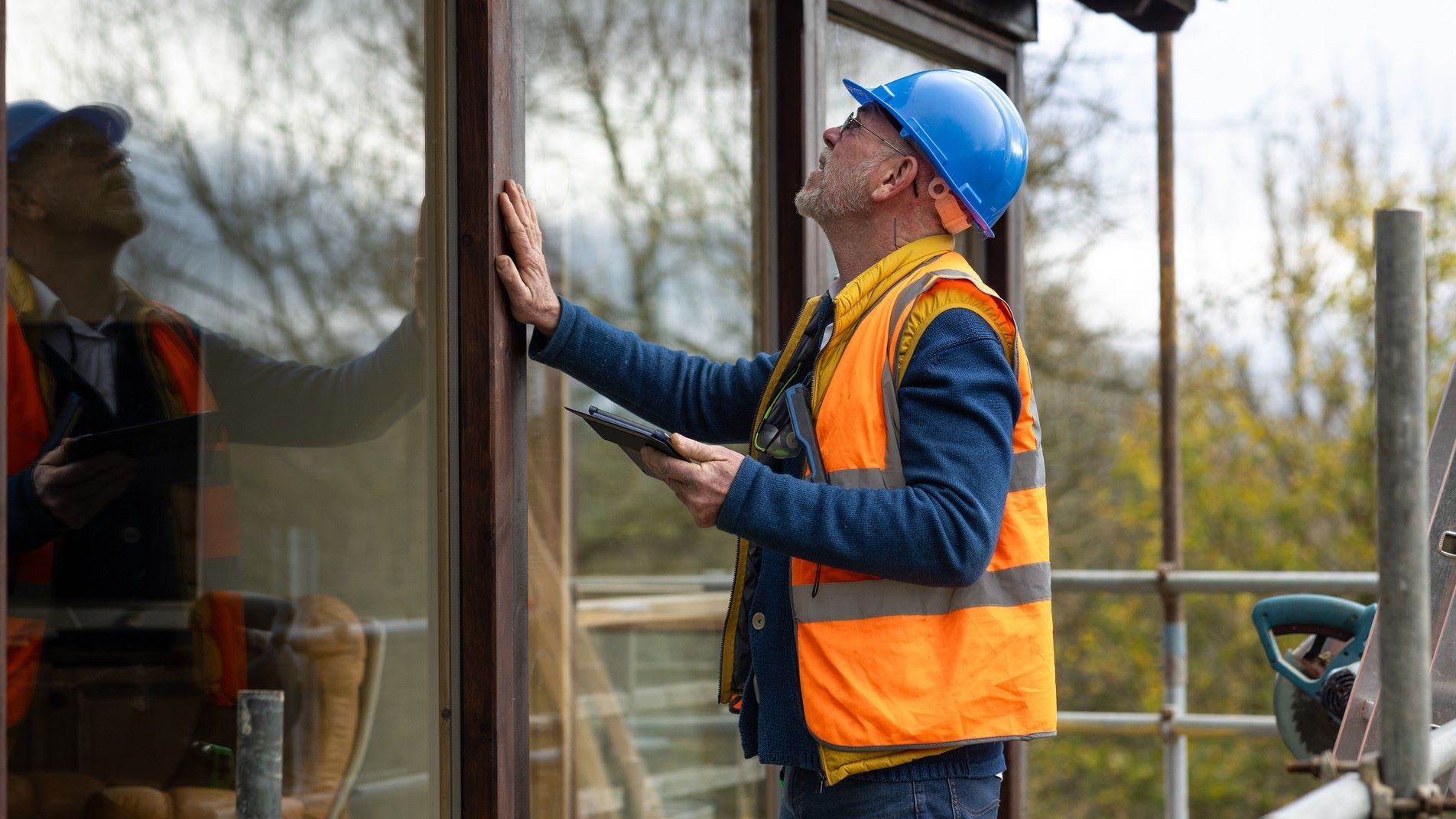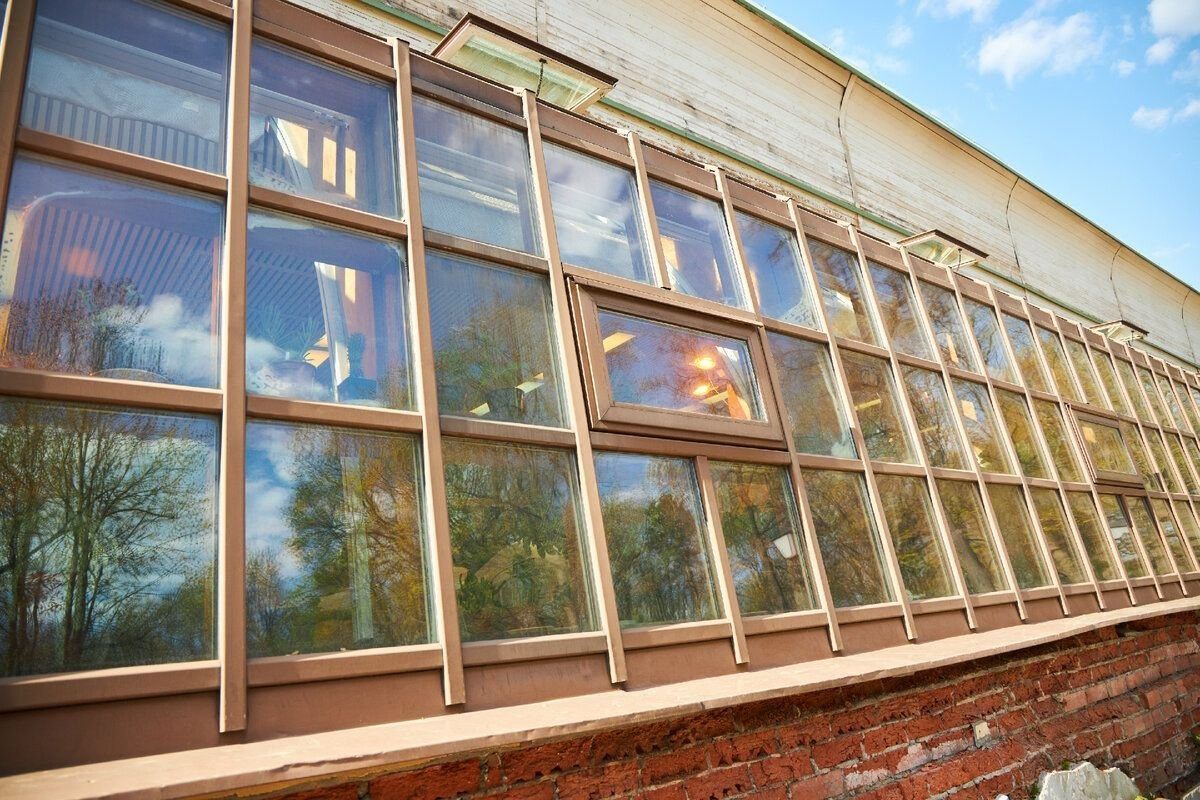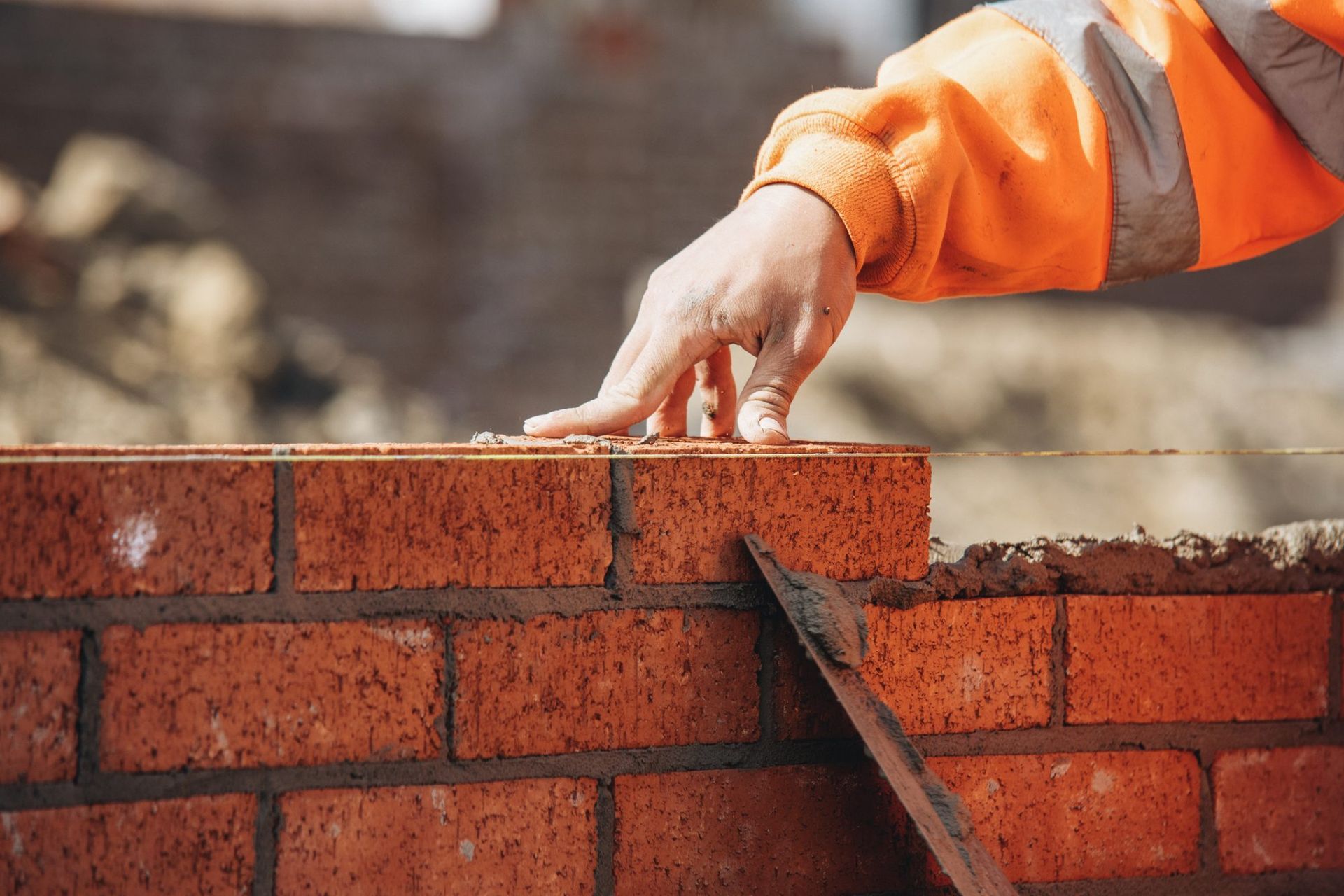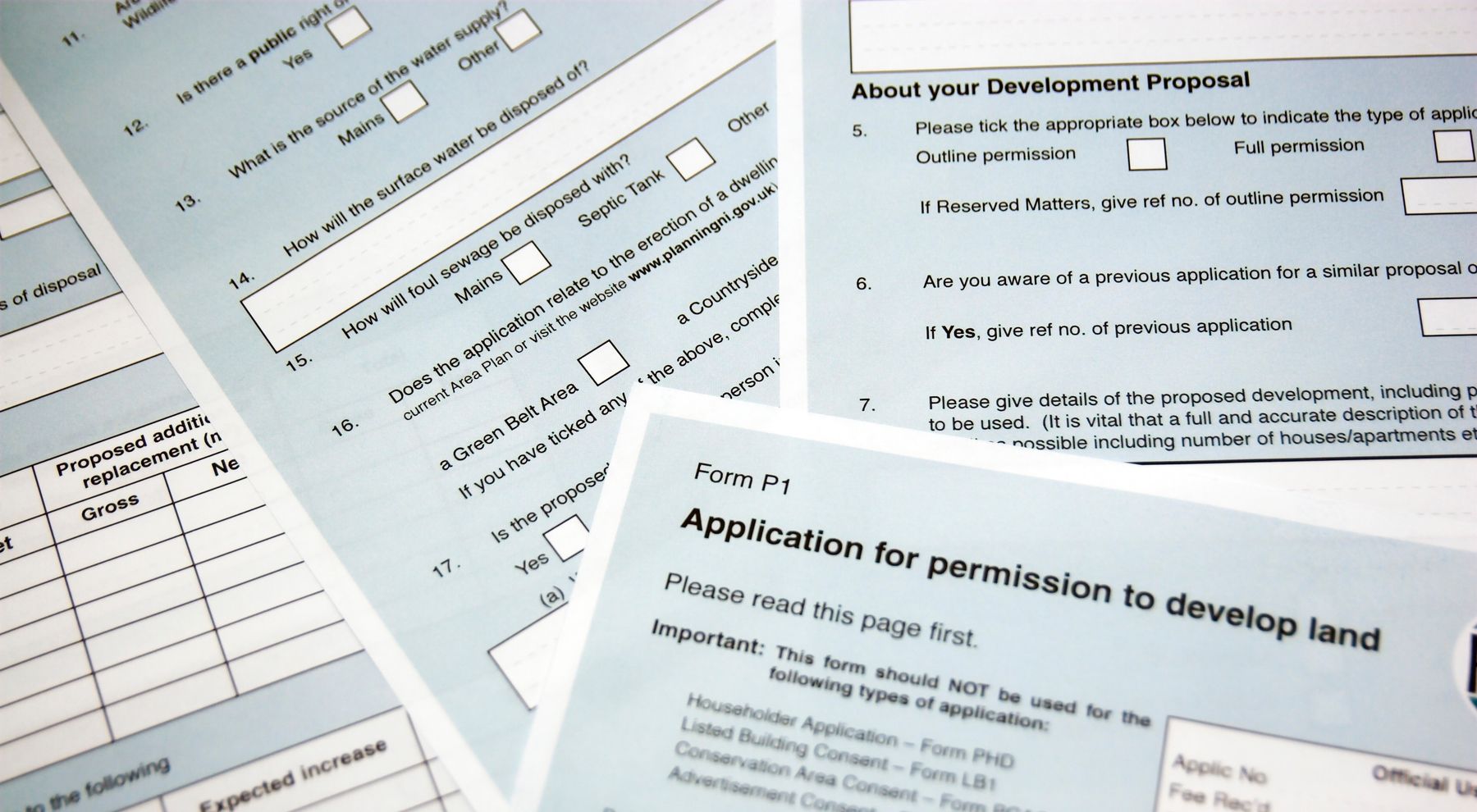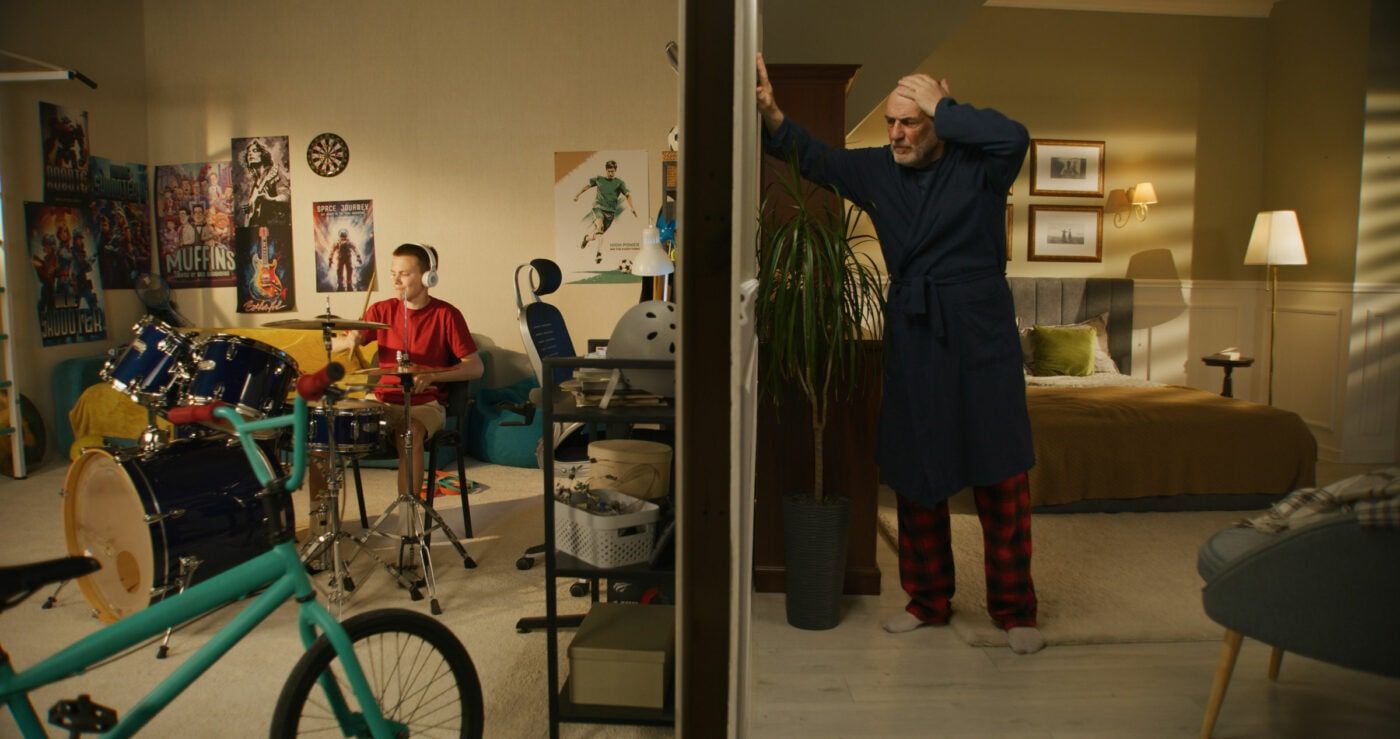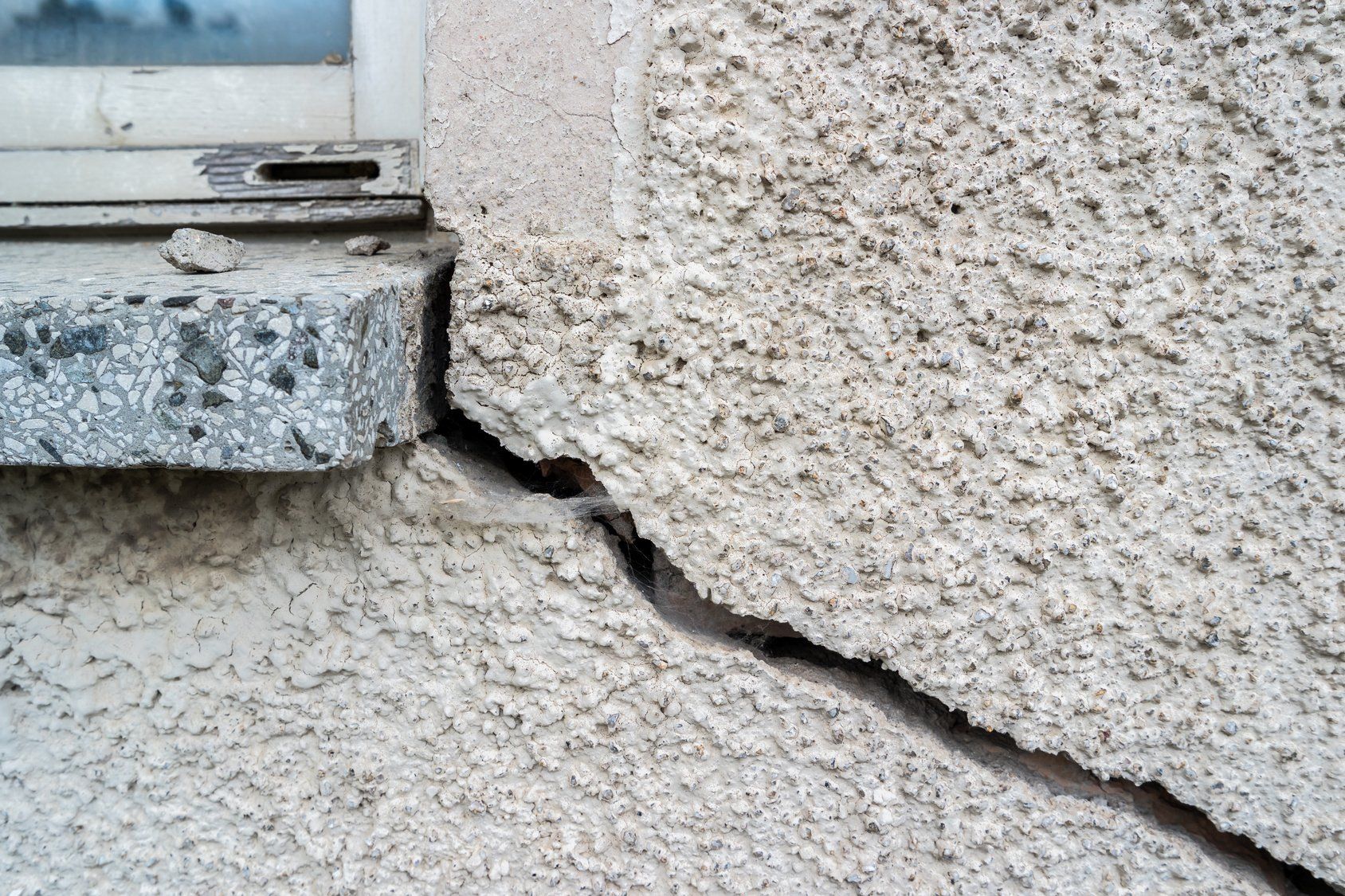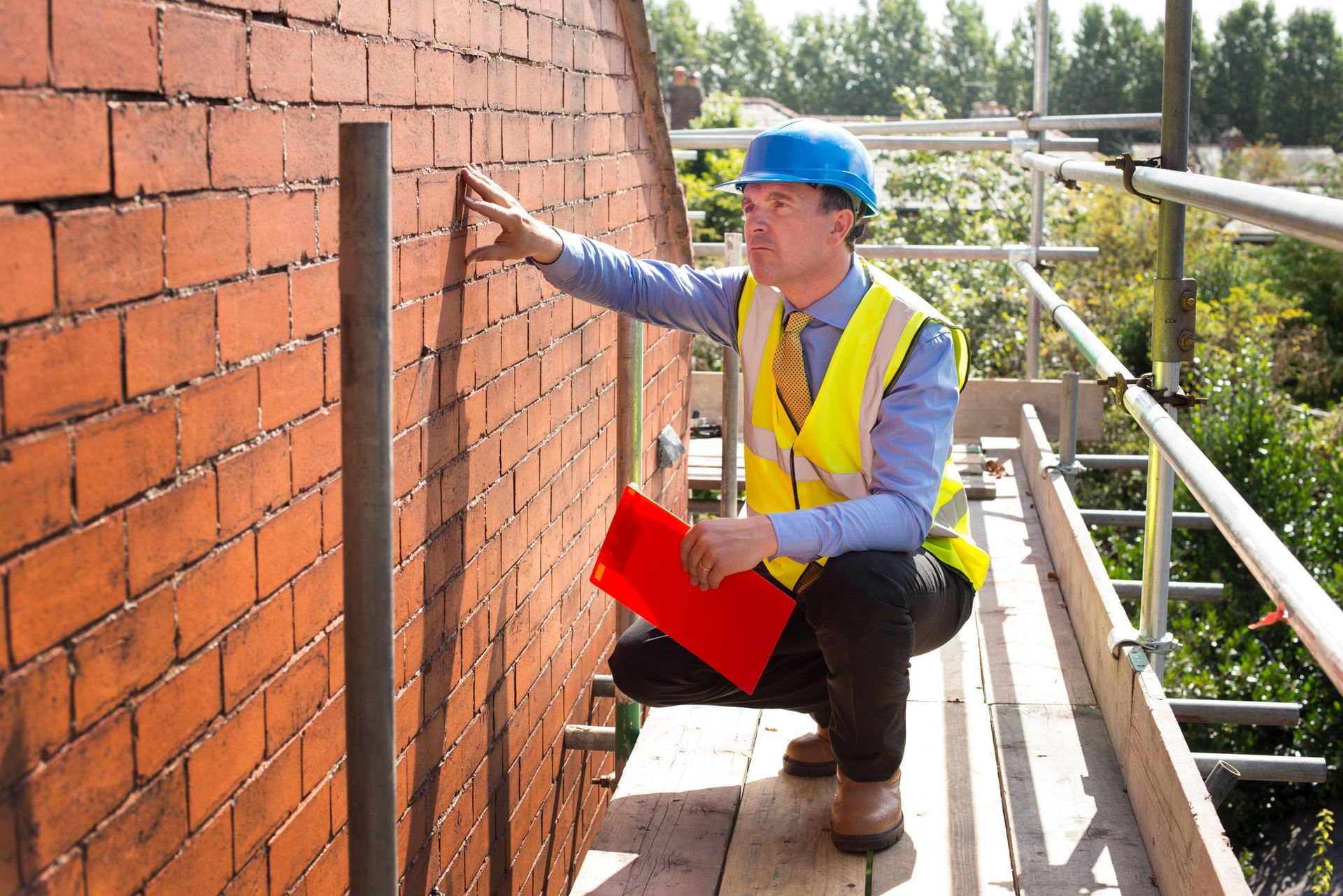Common Landlord and Tenant Issues and How to Solve Them

Data shows that 20% of households in England rent their property from a private landlord and private renters account for 30% of all households in London. Anyone renting a property will know the importance of maintaining a good relationship with your landlord, but unfortunately this isn’t always the case.
Issues can arise on both sides, whether that’s a tenant who’s refusing to maintain the property to a reasonable standard, or a landlord holding out on paying for necessary repairs. It’s best for both parties if you can resolve these issues early on, but there may be times when you need to involve a third party or even take legal action. This can be stressful and expensive, so it’s important to know your rights as either a tenant or a landlord if any disputes do arise. With this in mind, see below for our guide to some of the most common landlord and tenant issues, and ways they can be resolved.
Dilapidation is the official term for repairs required during, or at the end of a lease, and landlords will often arrange a dilapidation survey at the end of a tenancy. This survey is often carried out by a professional building contractor and it’s aim is to ensure the tenant has maintained the premises in line with the conditions of their lease.
A schedule of dilapidations lays out any repairs which need to be carried out before the official end of the lease. If tenants leave a property in an unrepaired state then they may be liable to pay damages to the landlord, equivalent to repair costs and loss of rent. However, there may be cases where a landlord is being unreasonable and asking for money for damages which existed prior to tenants moving in. If tenants believe that their landlord's schedule of dilapidations is unfair, you can seek help from a professional third party surveyor. They’ll be able to carry out a survey which is fair and realistic to both parties and ensure that repairs are settled as soon as possible.
There are laws surrounding rent increases in the private renting sector and a tenancy agreement should include how and when the rent will be reviewed. For a periodic tenancy (rolling on a week-by-week or month-by-month basis) your landlord cannot normally increase the rent more than once a year without your agreement.
For a fixed-term tenancy (running for a set period) your landlord can only increase the rent if the tenant agrees. If they do not, then the rent cannot be increased until the current tenancy ends. Landlords must also give a minimum of one month’s notice for a rent increase (if rent is paid weekly or monthly), or six month’s notice for a yearly tenancy.
As a general rule, any rent increase must be fair and in line with average rent prices in the local area. Landlords should also get permission from their tenants if they plan on increasing the rent by more than previously agreed.
Keeping the property clean and tidy
Most tenancy agreements outline a clause stating the tenant’s responsibility for keeping a property clean and tidy. Landlords usually take photographs of the property prior to the start of a new tenancy, to show the condition that the property was in. Tenants should aim to leave the property in the same condition they found it upon moving in, minus some reasonable wear and tear depending on how long the lease was.
If the property is left in an untidy or unclean condition then the landlord may withhold some of the deposit to pay for professional cleaning services or repairs. Tenants can choose to clean the property themselves or hire a professional cleaning service, but either way it’s their responsibility. Tenants should also keep the property in a reasonable clean and tidy state during their tenancy, to reduce the chances of damage or pests such as mice.
If tenants feel deductions to their deposit are unfair or if the landlord is refusing to return any of the funds, then they can seek advice from a third party such as Citizens Advice.
The issue of garden maintenance is a slightly more grey area, as landlords and tenants may have different ideas about how tidy any outdoor spaces should be. Tenants have a responsibility to keep gardens in a safe condition and free from rubbish, but many might not have the time or energy to keep a freshly manicured lawn all year round.
One option for landlords is to negotiate adding a professional gardener into the price of the rent, or come to a private agreement with your tenants about the standards you expect.
There are currently around five million pets in the UK, many which belong to tenants living in rented properties. Landlords have the legal right to decide whether to allow pets in privately rented accommodation and this decision should be included in the contract.
Some landlords allow one type of animal over another (for example no dogs, but cats or rodents are allowed), or you may make exceptions for service animals. If no pets is clearly stated in the contract and the tenant is found in breach of this then the landlord is within their rights to evict via the section 21 procedure.
As a general rule, if tenants are renting the entire property as an individual or as a joint tenancy (e.g a couple or a family), then they will be liable to pay council tax. However, if a landlord is renting a property to several tenants with individual tenancy agreements (such as students), then it’s the landlord’s responsibility to pay council tax. Either way, council tax must be paid or you could face legal action (as either a tenant or a landlord).
In most cases, tenants aren’t allowed to sublet a property unless it’s stated in the contract. As a landlord, if you find that tenants are subletting the property without your permission/in breach of the contract then you have a legal right to evict them.
It’s a landlord’s responsibility to ensure that their property is maintained to a standard that is safe and fit to live in. This includes basics such as hot water and heating, and the property must be in a good structural condition with adequate facilities and pipework. Landlords can be fined for renting out a property that is unsafe or unfit to live in, so it’s vital to stay on top of property maintenance.
Issues such as damp or a broken boiler are a landlord’s responsibility to fix, however tenants must also do their duty to ensure the property is maintained to a reasonable standard. Tenants must ensure the property doesn’t fall into disrepair by keeping it clean and tidy, properly ventilated and protected from harm to the best of their ability. It’s also a tenant’s legal responsibility to report any damages and request repairs from a landlord as soon as possible. You can find out more about a landlord and tenant’s responsibilities regarding property maintenance here.
Simon Levy Associates - Professional Chartered Building Surveyors
If you’re in the middle of a landlord or tenant dispute and need some expert third party advice, get in touch with the team at Simon Levy Associates. We offer representation on behalf of both tenants and landlords and can help you come to a resolution that’s reasonable and fair. We offer a wide range of services, including dilapidation surveys, building defect diagnosis, boundary wall disputes, party wall matters and insurance claims.
Our surveyors work to the highest standards and we’re also on hand to provide you with building evaluations, expert witnesses, project management and lease plans. For more information about any of our services or to arrange an appointment, give us a call today or visit our website.

